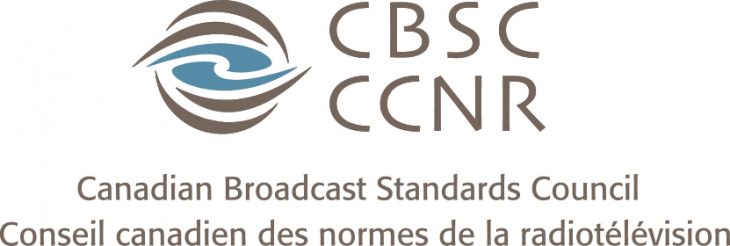
OTTAWA – A profanity-laced interview with Mike Tyson ran afoul the broadcast codes, but a report identifying an alleged crooked renovator did not, the Canadian Broadcast Standards Council (CBSC) ruled in two separate decisions.
The CBSC investigated a live interview with retired professional boxer Mike Tyson that aired on the 24-hour news station CP24 on September 10, 2014 at approximately 1:50 PM ET. Reporter Nathan Downer interviewed Tyson and his promoter Alex Choko who were in Toronto to promote Tyson’s one-man show. Downer raised the issue of Tyson’s rape conviction which resulted in Tyson using profanity (including the F-word and others) toward Downer.
The CBSC concluded that by failing to immediately terminate the interview after the first instance of coarse language, the broadcaster was in breach of the Canadian Association of Broadcasters’ (CAB) Code of Ethics scheduling provision for airing coarse language during the day. The panel also concluded that in light of the unexpected nature of the content, there was no requirement for viewer advisories.
In its second decision, the CBSC examined a Cantonese-language report broadcast on Fairchild Television on August 12, 2014. The report focused on an alleged renovation scam and included an image of the renovator’s business card showing his name, face and business address, as well as video footage of the business location which was also the renovator’s personal residence. A viewer complained that the privacy of the renovator was violated, and that the report was unfair and “without any solid proof.”
The CBSC’s National Specialty Services Panel examined the complaint and determined that because the business was advertising itself on the card, there was no breach of privacy for broadcasting an image of it during the report. The Panel found similarly with respect to the broadcast of images of the advertised business location, and added that the address was also a personal residence did not change that outcome.
With respect to the fairness issue raised by the complainant, the Panel determined that the broadcaster met its fairness obligations, noting that it is not the potential results of the story but the story itself that must be fair. In declining the offer of an interview, the renovator chose not to present his side of the story.
Created in 1990 by Canada’s private broadcasters, the CBSC currently administers seven codes which deal with ethics, equitable portrayal, violence, news and journalistic independence. Nearly 800 radio stations, satellite radio services, television stations and specialty and pay television services across Canada are members of the Council.



